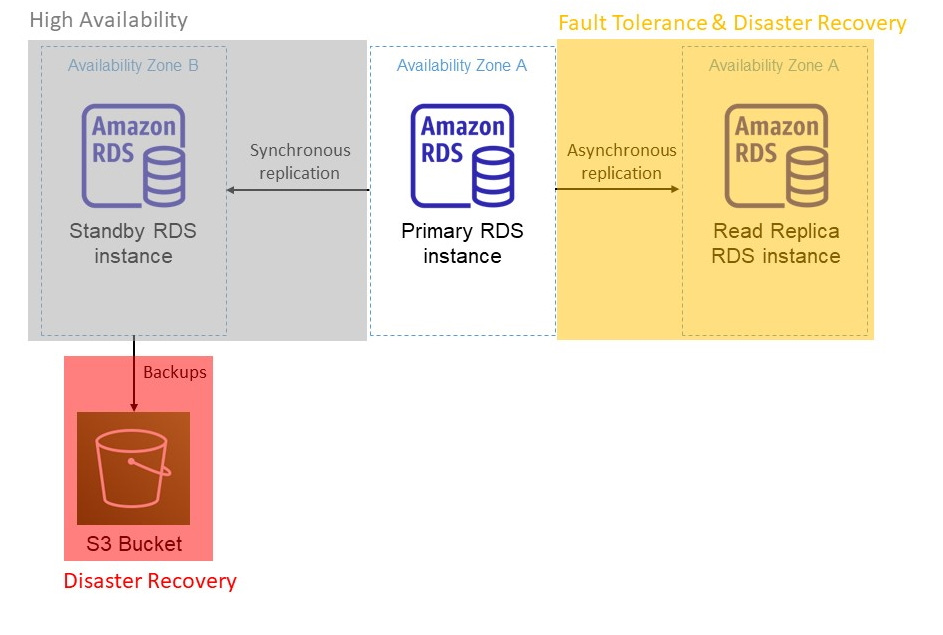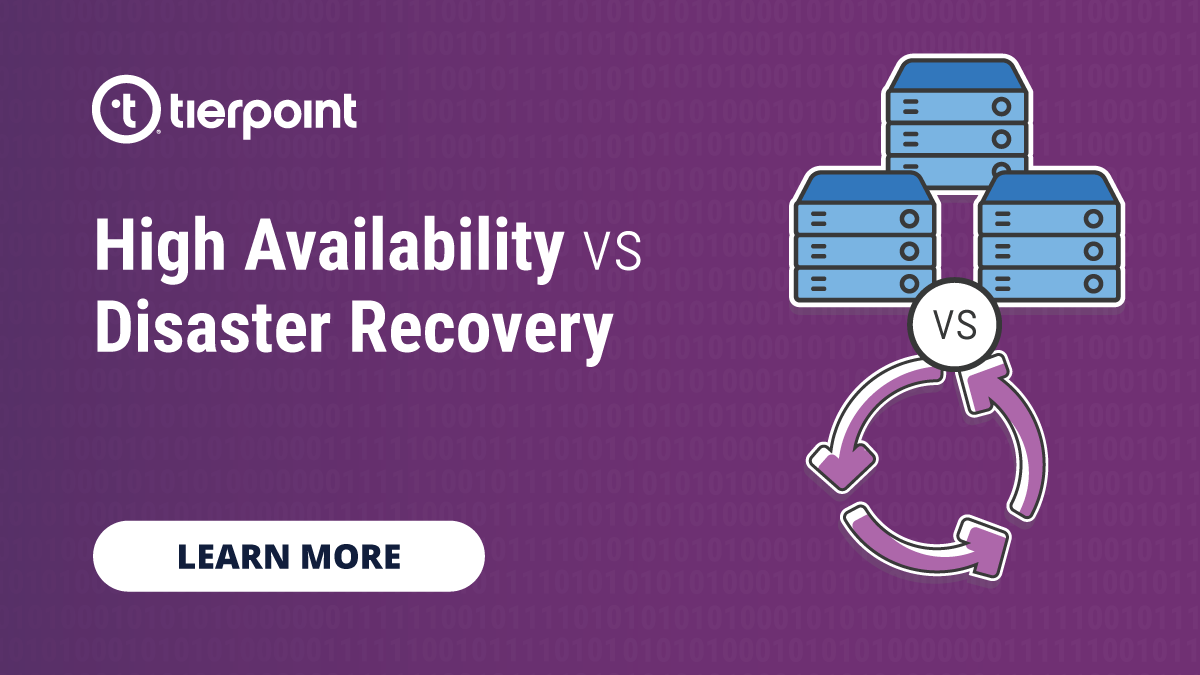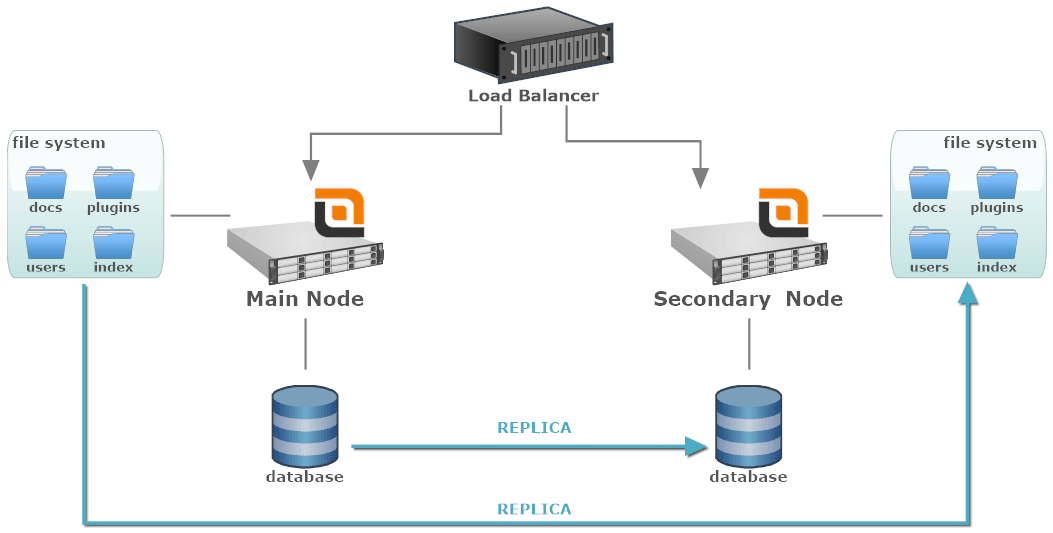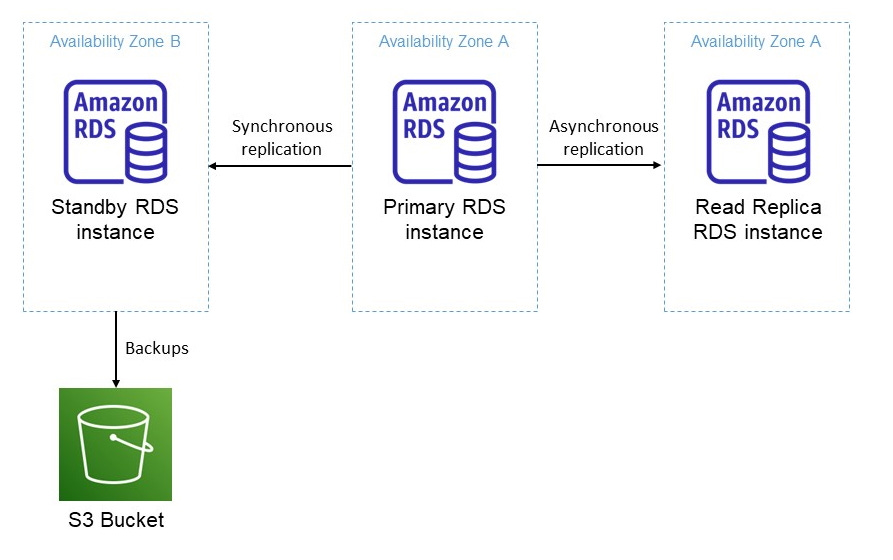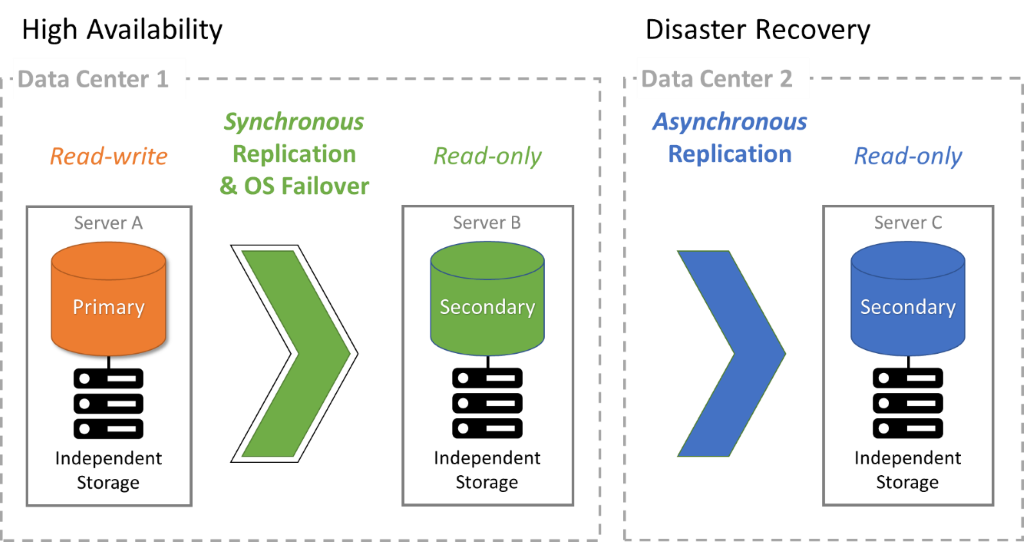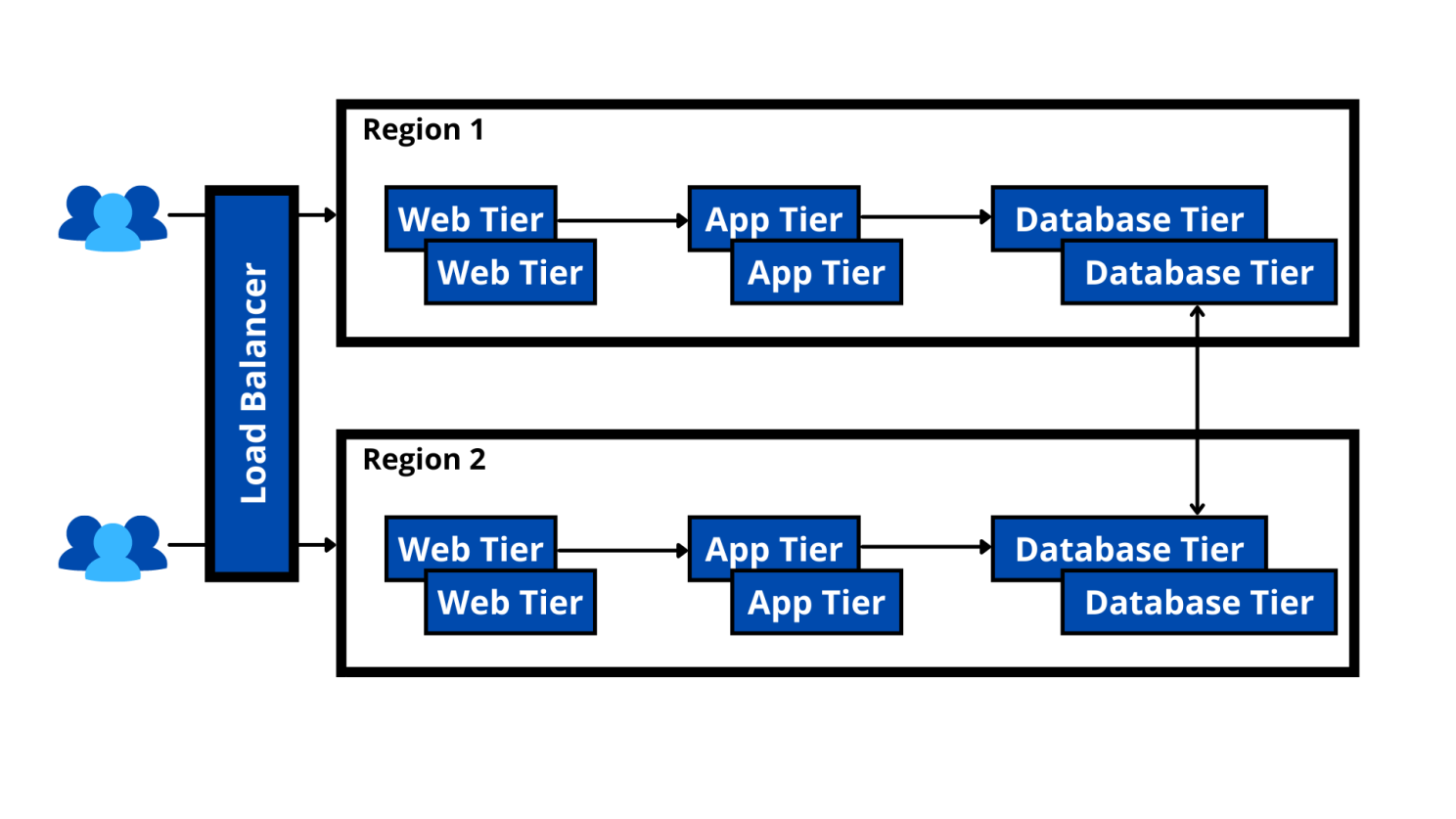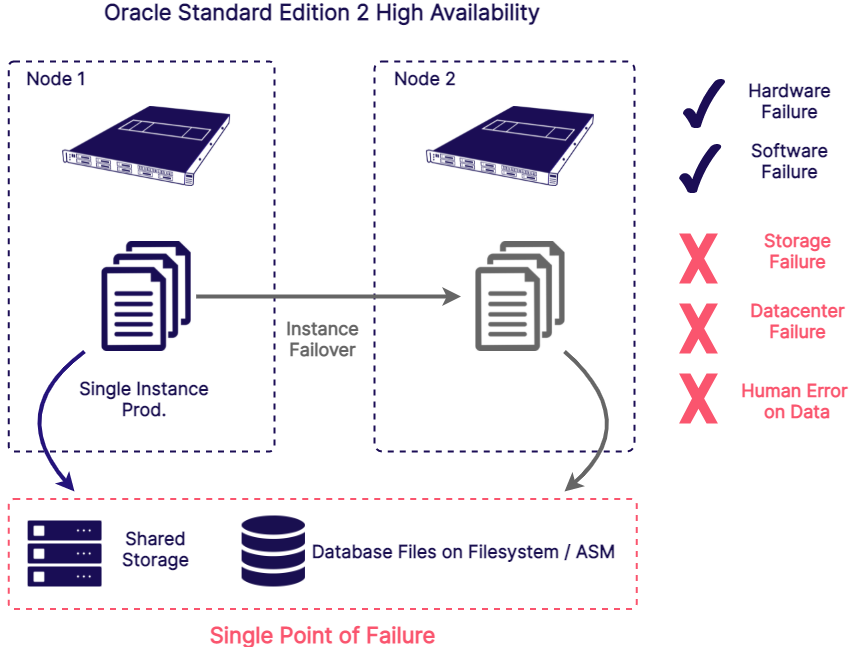High Availability Vs Disaster Recovery - However, availability focuses on components of the workload, whereas disaster recovery focuses on discrete copies of the entire workload. While high availability focuses on preventing downtime through redundancy and automated failover, disaster recovery provides. High availability, fault tolerance, and disaster recovery are key strategies designed to address different aspects of. Learn the differences and similarities between disaster recovery and high availability, two subsets of business continuity.
High availability, fault tolerance, and disaster recovery are key strategies designed to address different aspects of. While high availability focuses on preventing downtime through redundancy and automated failover, disaster recovery provides. However, availability focuses on components of the workload, whereas disaster recovery focuses on discrete copies of the entire workload. Learn the differences and similarities between disaster recovery and high availability, two subsets of business continuity.
However, availability focuses on components of the workload, whereas disaster recovery focuses on discrete copies of the entire workload. Learn the differences and similarities between disaster recovery and high availability, two subsets of business continuity. High availability, fault tolerance, and disaster recovery are key strategies designed to address different aspects of. While high availability focuses on preventing downtime through redundancy and automated failover, disaster recovery provides.
High Availability vs Fault Tolerance vs Disaster Recovery Explained
While high availability focuses on preventing downtime through redundancy and automated failover, disaster recovery provides. High availability, fault tolerance, and disaster recovery are key strategies designed to address different aspects of. However, availability focuses on components of the workload, whereas disaster recovery focuses on discrete copies of the entire workload. Learn the differences and similarities between disaster recovery and high.
What Is High Availability And Disaster Recovery In Sql Server at Jesse
High availability, fault tolerance, and disaster recovery are key strategies designed to address different aspects of. Learn the differences and similarities between disaster recovery and high availability, two subsets of business continuity. While high availability focuses on preventing downtime through redundancy and automated failover, disaster recovery provides. However, availability focuses on components of the workload, whereas disaster recovery focuses on.
High Availability vs Disaster Recovery TierPoint, LLC
While high availability focuses on preventing downtime through redundancy and automated failover, disaster recovery provides. High availability, fault tolerance, and disaster recovery are key strategies designed to address different aspects of. Learn the differences and similarities between disaster recovery and high availability, two subsets of business continuity. However, availability focuses on components of the workload, whereas disaster recovery focuses on.
High Availability and Disaster Recovery LogicalDOC Documentation
Learn the differences and similarities between disaster recovery and high availability, two subsets of business continuity. While high availability focuses on preventing downtime through redundancy and automated failover, disaster recovery provides. However, availability focuses on components of the workload, whereas disaster recovery focuses on discrete copies of the entire workload. High availability, fault tolerance, and disaster recovery are key strategies.
High Availability vs Disaster Recovery IDERA
Learn the differences and similarities between disaster recovery and high availability, two subsets of business continuity. High availability, fault tolerance, and disaster recovery are key strategies designed to address different aspects of. However, availability focuses on components of the workload, whereas disaster recovery focuses on discrete copies of the entire workload. While high availability focuses on preventing downtime through redundancy.
High Availability vs Fault Tolerance vs Disaster Recovery Explained
While high availability focuses on preventing downtime through redundancy and automated failover, disaster recovery provides. However, availability focuses on components of the workload, whereas disaster recovery focuses on discrete copies of the entire workload. High availability, fault tolerance, and disaster recovery are key strategies designed to address different aspects of. Learn the differences and similarities between disaster recovery and high.
High Availability and Disaster Recovery
However, availability focuses on components of the workload, whereas disaster recovery focuses on discrete copies of the entire workload. High availability, fault tolerance, and disaster recovery are key strategies designed to address different aspects of. While high availability focuses on preventing downtime through redundancy and automated failover, disaster recovery provides. Learn the differences and similarities between disaster recovery and high.
High Availability vs Disaster Recovery What's the Difference and Why
High availability, fault tolerance, and disaster recovery are key strategies designed to address different aspects of. Learn the differences and similarities between disaster recovery and high availability, two subsets of business continuity. However, availability focuses on components of the workload, whereas disaster recovery focuses on discrete copies of the entire workload. While high availability focuses on preventing downtime through redundancy.
Oracle High Availability and Disaster Recovery Dbvisit
While high availability focuses on preventing downtime through redundancy and automated failover, disaster recovery provides. However, availability focuses on components of the workload, whereas disaster recovery focuses on discrete copies of the entire workload. Learn the differences and similarities between disaster recovery and high availability, two subsets of business continuity. High availability, fault tolerance, and disaster recovery are key strategies.
High Availability vs Disaster Recovery What's the Difference?
High availability, fault tolerance, and disaster recovery are key strategies designed to address different aspects of. While high availability focuses on preventing downtime through redundancy and automated failover, disaster recovery provides. Learn the differences and similarities between disaster recovery and high availability, two subsets of business continuity. However, availability focuses on components of the workload, whereas disaster recovery focuses on.
While High Availability Focuses On Preventing Downtime Through Redundancy And Automated Failover, Disaster Recovery Provides.
High availability, fault tolerance, and disaster recovery are key strategies designed to address different aspects of. However, availability focuses on components of the workload, whereas disaster recovery focuses on discrete copies of the entire workload. Learn the differences and similarities between disaster recovery and high availability, two subsets of business continuity.
